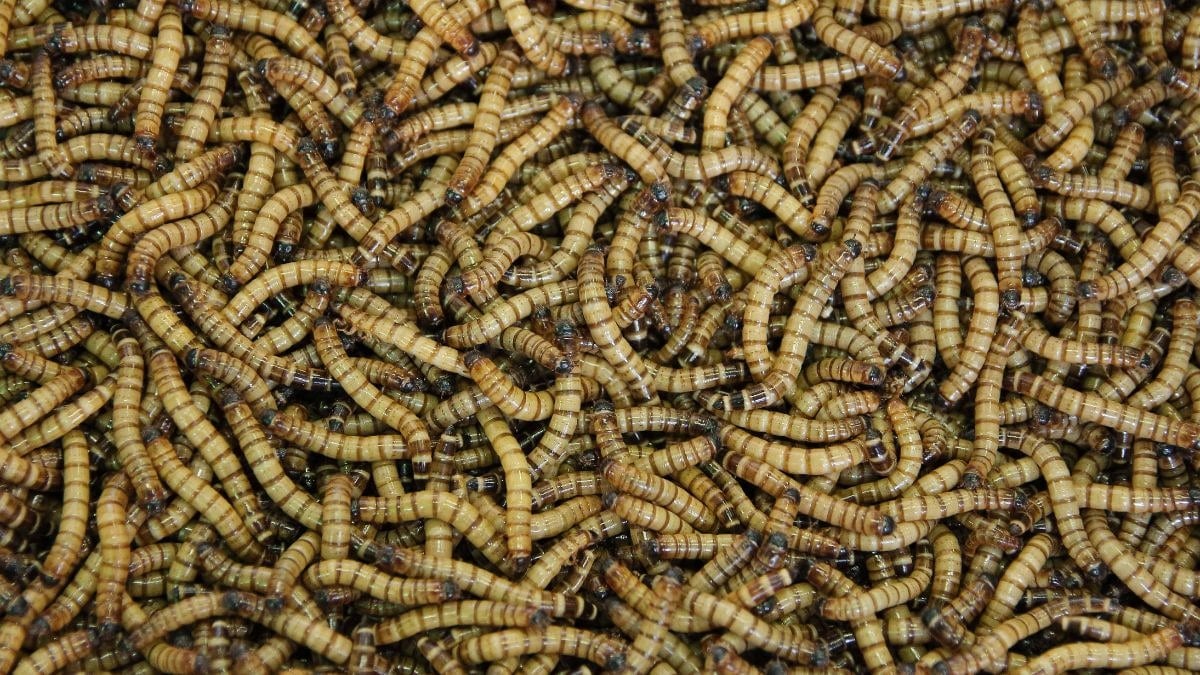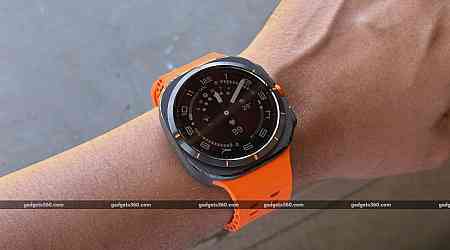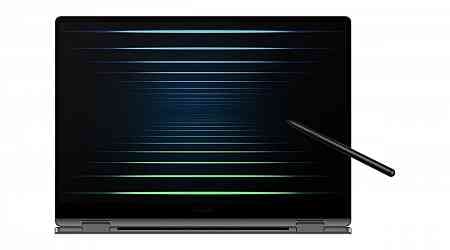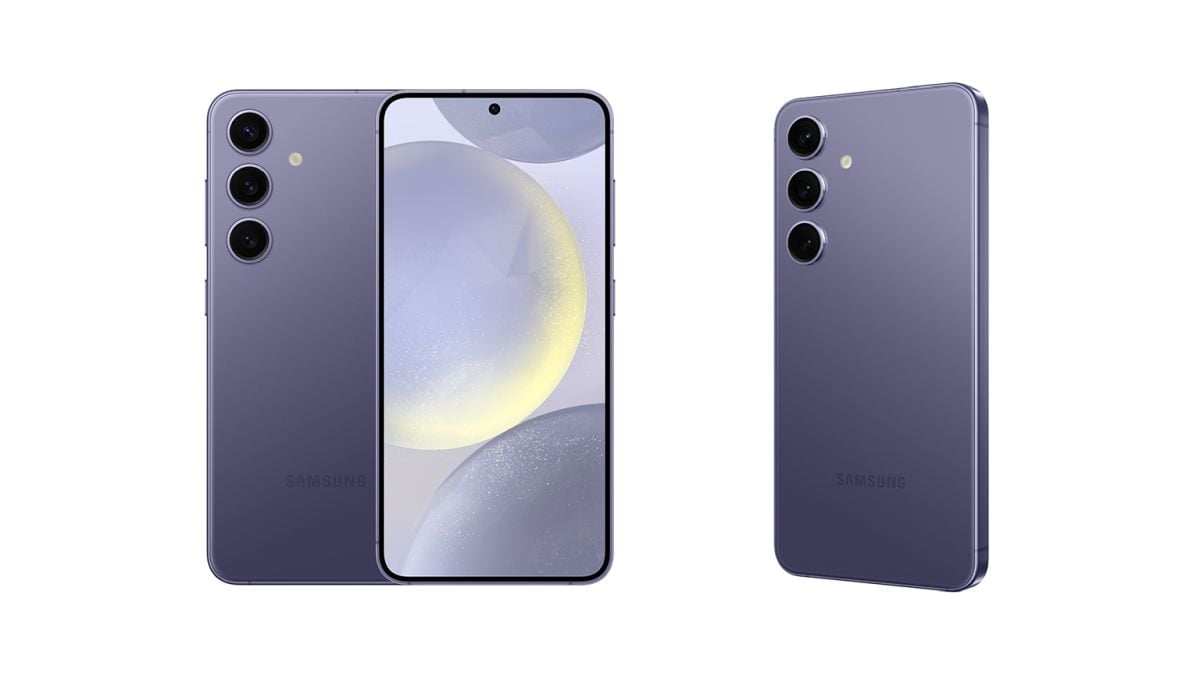An experiment conducted by researchers at the University of British Columbia has revealed the limited potential of mealworms in addressing plastic pollution. The study, published in Biology Letters on December 4, estimated that 100 mealworms would take approximately 138 days, or 4.5 months, to consume a single disposable face mask made from polypropylene. The findings underscore the challenges of relying on insect larvae for large-scale plastic degradation as per various reports.
Plastic Pollution and Microplastics: A Growing Concern
The research focused on microplastics, which are plastic fragments smaller than 5 millimetres and linked to severe health issues such as increased risks of heart attacks and strokes, as suggested by prior studies. Earlier experiments had demonstrated the ability of several insect species, including yellow mealworms (Tenebrio molitor) and superworms (Zophobas atratus), to degrade various types of plastics. However, most of those studies utilised powdered or pure forms of plastic, rather than the manufactured items people use daily, as reported by researchers.
Real-World Testing and Observations
Led by ecologist Dr Michelle Tseng, the team opted for a more realistic approach by using disposable face masks containing additional materials from manufacturing processes. To encourage consumption, the plastic was processed into microbits and blended with wheat bran. According to Dr Tseng in a statement, the insects readily consumed this mixture, termed “face-mask granola.”
No significant reduction in the insects' lifespan was observed. However, questions regarding the safety of using these larvae as feedstock in agriculture, particularly for poultry, were raised. Dr Tseng noted that mealworms consuming large amounts of microplastics may not remain safe for further use in food chains, as reported.
Challenges and Future Directions
The feasibility of using mealworms for large-scale plastic degradation remains doubtful due to the slow consumption rate. During the peak of the COVID-19 pandemic, Asia alone reportedly used 2 billion face masks per day, highlighting the impracticality of such a solution. Researchers have suggested that exploring the microbial composition of these insects could lead to advancements in waste breakdown technologies. Nonetheless, reducing plastic usage is emphasised as the most effective approach to managing this environmental crisis.
































